President Brandy Snow tells us what mDs is and how IMDSA helps "Unite unique people in a unique world."
|
By: Brandy Snow and Stephanie Holland We learned about mosaicism at the 321eConference and we asked our friends at IMDSA to share some of that information with our community.
President Brandy Snow tells us what mDs is and how IMDSA helps "Unite unique people in a unique world."
2 Comments
Everything Starts at Home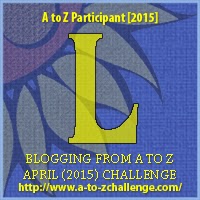 This week there is the Buddy Walk on Washington. Big things are being done on the big stage. But, what’s happening at home in your town? The local groups have their feet on the ground, working for the families of their community, helping, teaching, and reaching out. As an example, let me tell you about the Ds group in my city, the Down Syndrome Alliance of the Midlands. As of two years ago I knew nothing, really, about what they do. So I called and... First, They took the time to meet with me and answer my questions personally about what they are doing as an organization. Where are their fiscal priorities? What are their policy priorities and what resources do they offer families in our community? They provided open answers to these questions without doublespeak, this is very important to me. I learned:
All this month we on The Road have shared and are sharing notes about many of the national organizations, their goals and their work. Did you know that there is a national group that helps the local groups? Down Syndrome Affiliates in Action. The DSAIA Director Deanna Thorpe joins us today to explain: Why the Local DSA is So Important
Personally, I like the definition of kindred spirits that I found on The Urban Dictionary: Kindred Spirits Have you ever heard someone say “wait until you have children, THEN you’ll understand?” Parents belong to a sub-group of our society that gives them a different outlook on things than people who don’t have children. If you have one or more children who have a label, who qualify as “special needs,” then you belong to a smaller sub-set of that group. You understand that when someone says “I have an IEP meeting for my daughter today” it could be a very stressful time for them. When we see a child who we think may have the same label as our child, we often give the parents a knowing smile – a look that says “we’re in the same club.”
By: Eliana Peck and Stephanie Holland 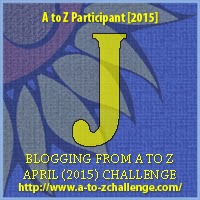 Justice is something of a hot topic lately. News reports of another person with a disability being mistreated or lost in the system seem to appear daily. One organization that focuses solely on finding justice for our loved ones is the National Center on Criminal Justice & Disability (NCCJD). Americans with disabilities are victims of violent crimes at nearly three times the rate of their peers. Why do police keep seeing a person’s disability as a provocation? Cops keep wrongfully killing the intellectually or psychiatrically impaired. ~ Harold Braswell - Washington Post We asked the The Arc NCCJD to tell us a bit about what they do, and how it relates to a cause near and dear to us here on The Road - #JusticeForEthan. Our thanks goes to Eliana Peck and the rest of the staff at NCCJD for what they do and for taking the time to write this post!
By: Beth Sullivan and Stephanie Holland We asked IDSC President, Beth Sullivan, to tell us a little bit about one of the unique strengths of IDSC: their Facebook groups. Thanks Beth!
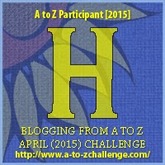
If by chance you're not happy right now - we've got just what you need! Today we look at videos that include adults who have Down syndrome, and of course, we start with the one that went viral last year on World Down Syndrome Day.
Okay, you can tell us, were you dancing or at least clapping along?
Possibilities
The videos that get the most attention may have a catchy tune, or make us think about the possibilities for our loved one - or both!
People We Know
By: Edward Rhodes & Stephanie Holland
#JusticeForEthan
Our guest blogger today, put down his camera long enough to write about the process of making "Justice For Ethan - The Movie" and what he sees as #EthansLegacy.
Over the past year and a half this project has taken on a life of it's own. Documenting the progress and momentum created by advocates and legislators in Maryland has been incredibly rewarding. The search for answers has taken the place of accountability working toward addressing the lack of training our civil servants receive on how to interact with people with disabilities.
Read on for more of his thoughts.
You know, for years (YEARS) I kept a bassinette in my garage, just in case someone left a baby on my doorstep. No one ever did, likely because in this day and age, it doesn’t usually work that way. (Fortunately, I should add.) Nope. Children whose birth parents are unable to provide for them are a part of a system, a system I was frankly intimidated by and afraid to be involved in. 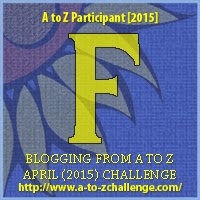 I have recently learned that there are so many helpful resources to enable families to adopt, and today we are going to focus on a few organizations that are ready to help families adopt a child with Down syndrome. Through the 321eConference I listened to two adoptive parents tell about their experience and the resources available through the National Down Syndrome Adoption Network. The NDSAN serves families in all 50 states and works to find Forever Families for children. The NDSAN mission “is to ensure that every child born with Down syndrome has the opportunity to grow up in a loving family.” Sometimes adoptions are arranged prenatally and sometimes the children come through foster care. The circumstances vary as widely as the beautiful families they serve. There are open adoptions or closed. There are two primary constants: The NDSAN wants to help find and make the best match between a child and a family and every child needs a safe and loving home. What About The Cost? (Keep Reading)What's in a Name?The oldest organization in the United States serving children and adults with Down syndrome and their families... was founded in Chicago in 1960 by Kay McGee.
What started out as the Mongoloid Development Council (MDC) in 1960 was changed to National Association for Down Syndrome (NADS) in 1972.
By: Stephanie Holland ***Update by Sujata Bardhan, Ph.D., Scientific Program Manager, DS-Connect Registry Coordinator
DS-Connect®
DS-Connect is a secure database that stores health and demographic data about people who have Down syndrome. The information is anonymous and helps researchers find the information they need to create new studies and work on projects to improve the health of people living with Down syndrome.
C is also for Capone -
|
The RoadMapLife on "the road" of caregiving for adults who have Down syndrome. Categories
All
Archives
July 2015
Get our blog in your inbox!
Stephanie:Walkersvillemom (Facebook) Mardra:Mardra Sikora (Facebook) |
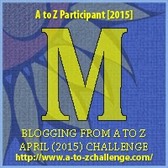
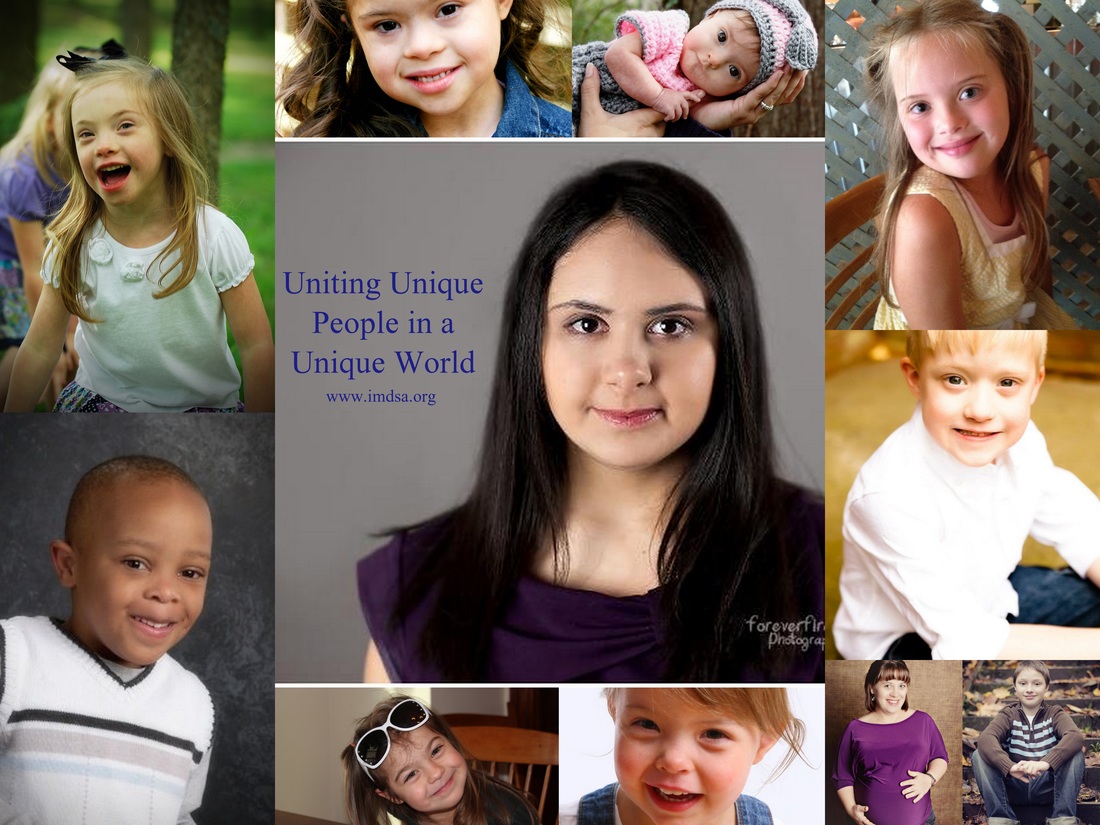
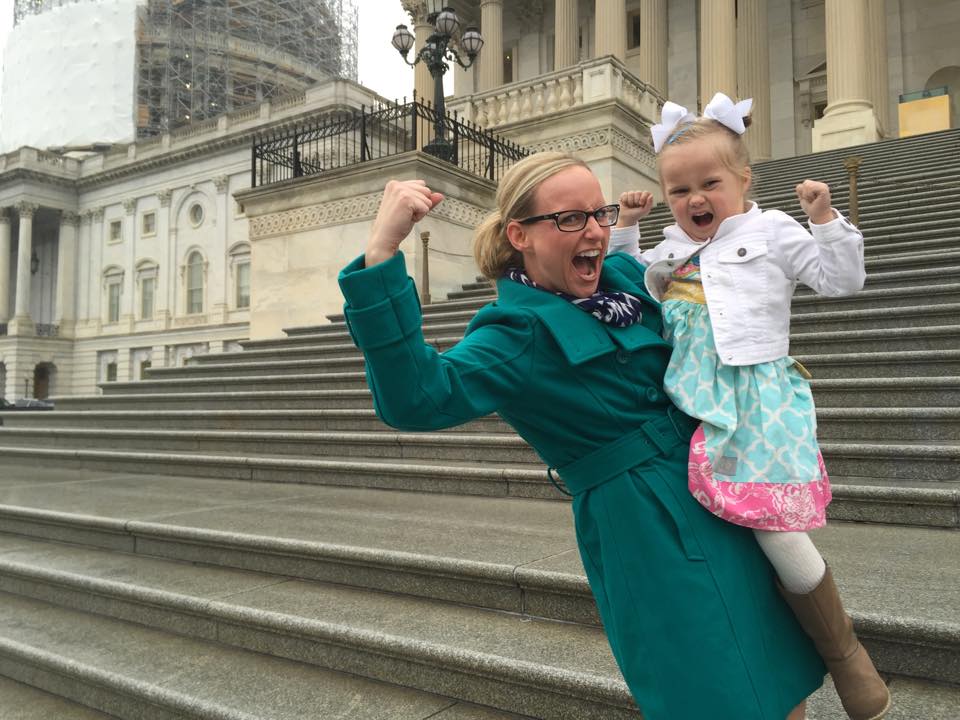
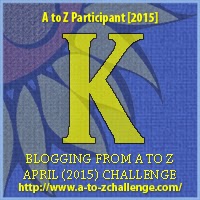

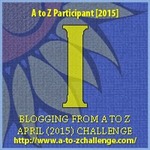

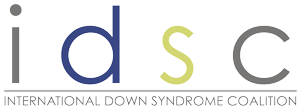
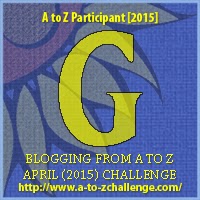
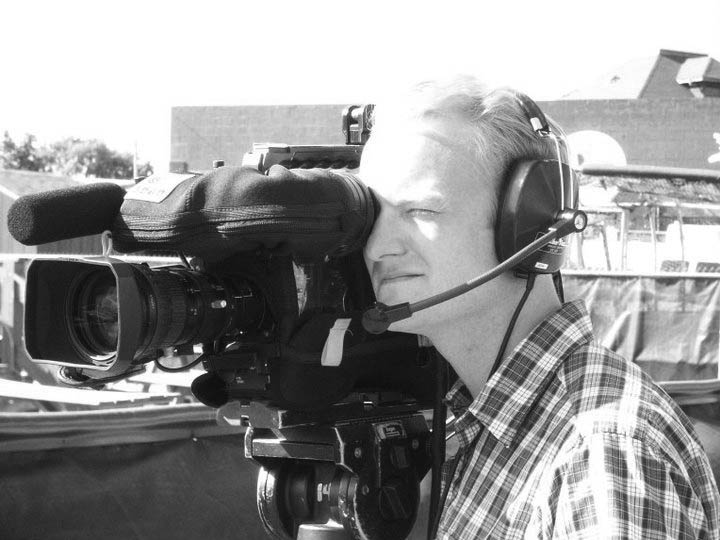
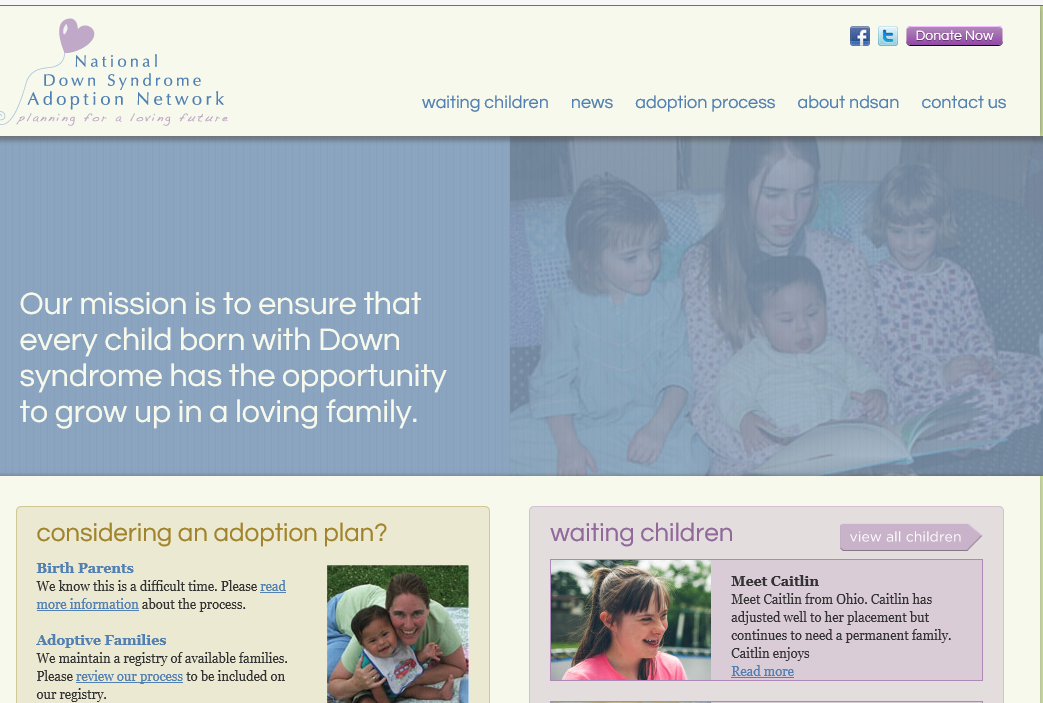
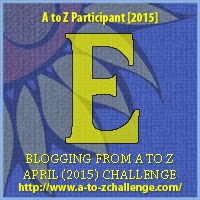

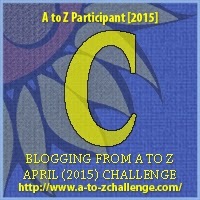
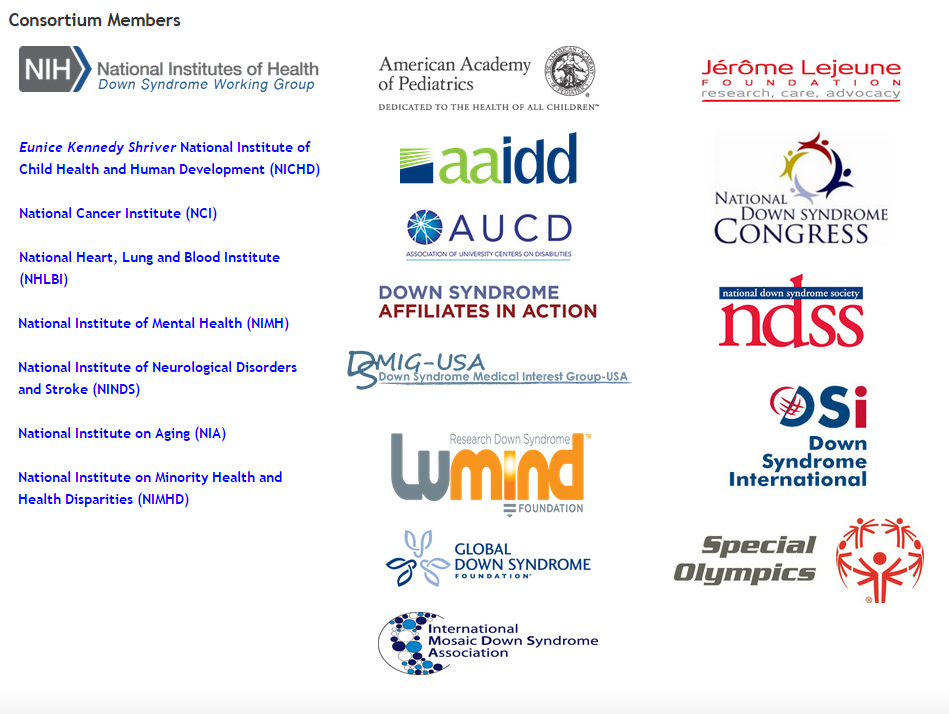
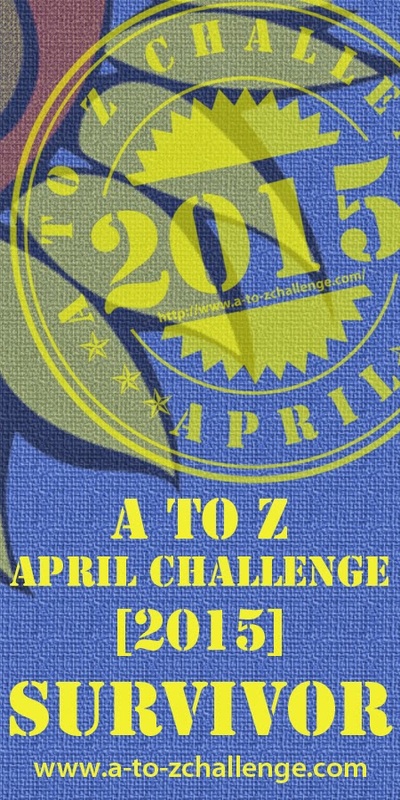

 RSS Feed
RSS Feed

